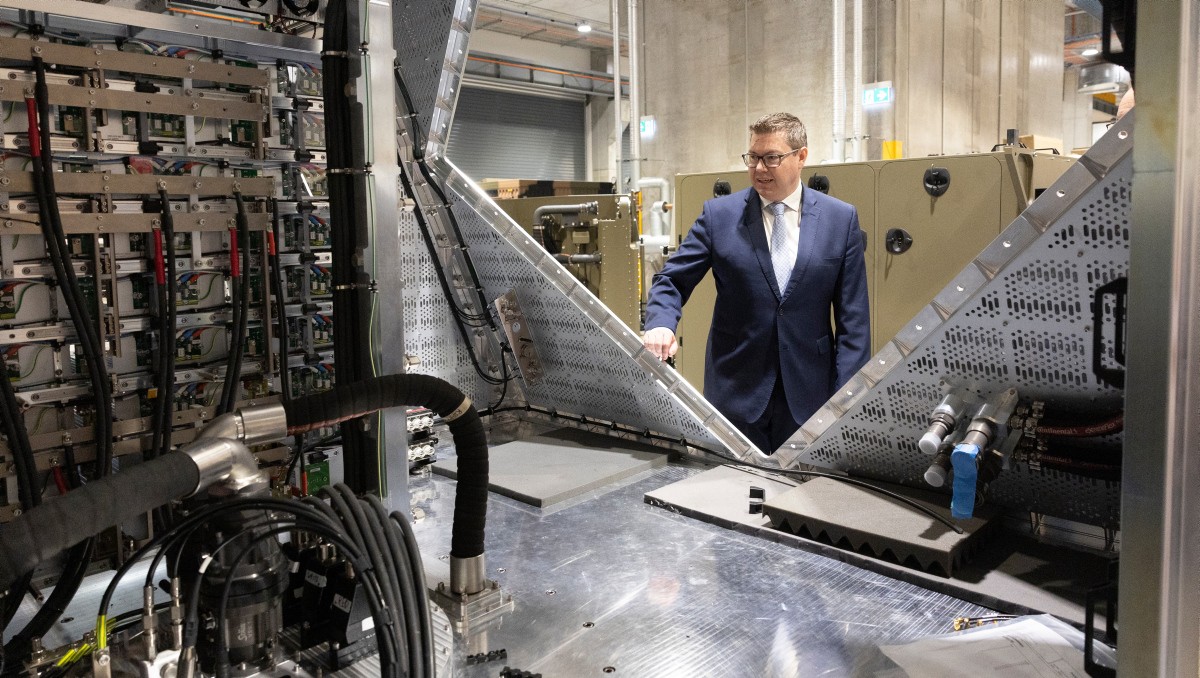Army Futures Research Framework
The Army Futures Research Framework (AFRF) describes the core research needs of the Australian Army in its contribution to Defence strategy. It supports Army’s ‘futures’ planning.
The objective of the AFRF is to foster research outputs that shape and inform Army modernisation in order to build a more capable land force.
The AFRF seeks to engage a wide audience, ignite thinking and rally intellectual capital to address Army’s most difficult transformational challenges. The target audience includes communities and stakeholders both internal and external to the Australian Defence Organisation.
The research priorities within the AFRF spans across academic disciplines including, but not limited to, social sciences, psychology, the humanities and the bio-physical sciences. It complements technical research undertaken for Army by the Defence Science and Technology Group, and applied research undertaken by other groups within Defence.
The research priorities can be used to:
- Commission research proposals from think tanks, academics and independent scholars for funding through the Army Research Scheme
- Shape Professional Military Education activities within Army
- Develop research thesis topics for Australian Defence College and Long Term Schooling students
- Commission research through Academic Fellows.
2024-25 RESEARCH PRIORITIES
The research priorities provide a broad field of interest that allow researchers to develop their own specific questions. Research should be developed in consultation with the Australian Army Research Centre and subject matter experts within Army to ensure that outputs are relevant to Army’s needs and interests.
In early July, research organisations will be invited to register to be part of the Army Research Network that will group organisations in their speciality under the broad scope of Army’s interests being:
|
State of the Australian Army Profession The analysis of the past, present and future State of the Australian Army Profession in an Integrated Force including how Army needs to adapt to the enduring and changing character of war. |
|
|
Mobilisation The challenges and risks associated with Army’s approach to accelerated preparedness. |
|
|
Littoral Manoeuvre Operations and manoeuvres in the Indo-Pacific including the protection of key trade routes and maritime approaches. |
|
|
Quantum The most promising applications of quantum technologies in the fields of quantum sensing, computing and communications. |
|
|
Autonomy and Counter Autonomy The challenges, barriers and solutions to scaling Defence’s adoption of Robotics and Autonomous Systems. |
|
|
2023 Defence Strategic Review and the 2024 National Defence Strategy What opportunities exist for the utilisation of land power within the ‘National Defence’ concept as espoused by the 2023 Defence Strategic Review and 2024 National Defence Strategy. |







